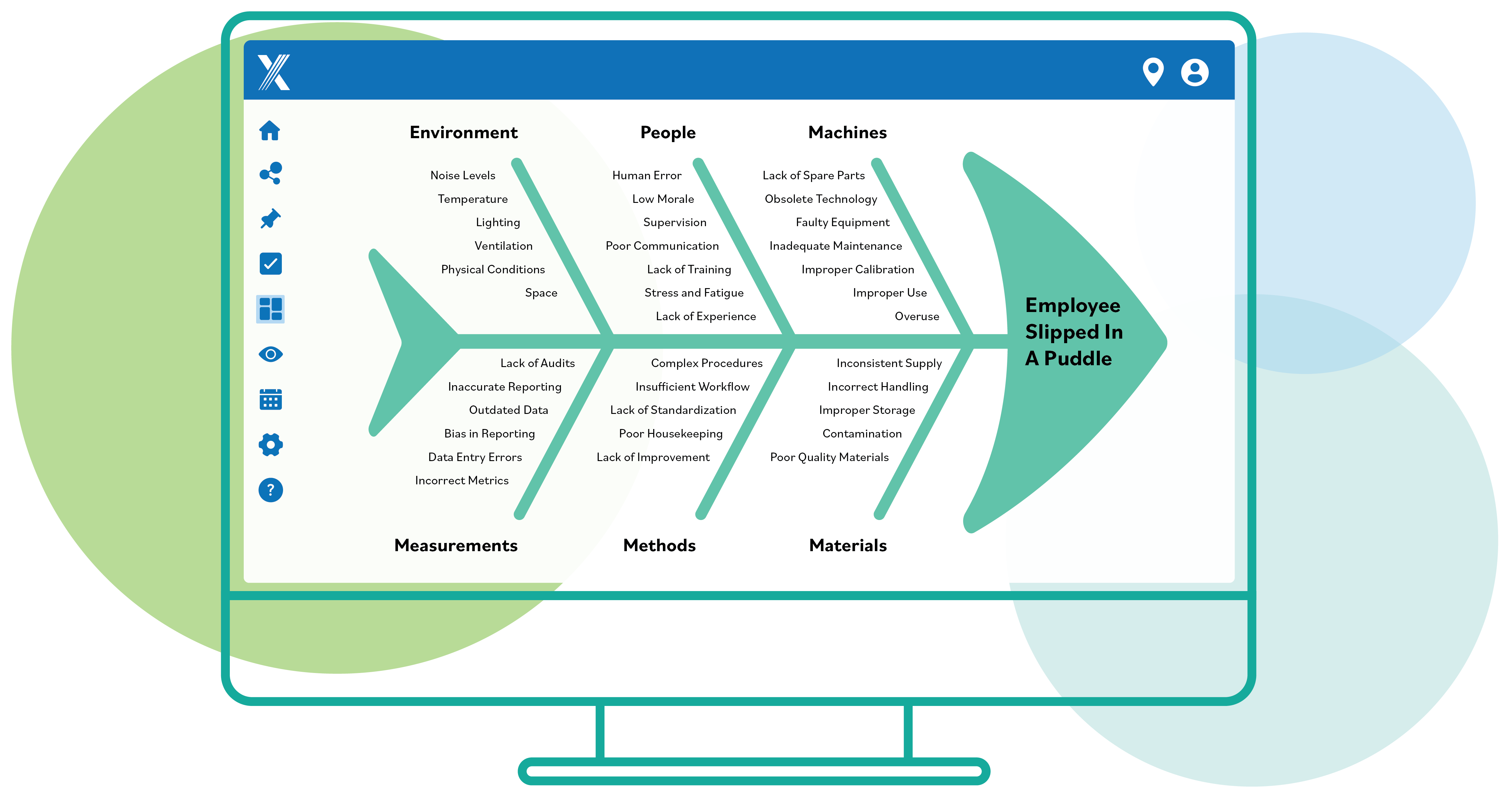Highlights from COP26 – Will Leaders Deliver on Promises Made?
November 15, 2021

The halfway point of the 2021 United Nations Climate Change Conference or COP26 saw many green commitments made by world leaders, but will these promises be kept?
Judging by a historical lack of collective action from the international community to reduce greenhouse gas emissions, the answer to that question would seem to be a resounding “no!” The Intergovernmental Panel on Climate Change (IPCC) had estimated in 2011 that limiting global average temperature increases to 1.5C would require a reduction of carbon dioxide or CO2 emissions of 45 percent in 2030, or a 25 percent reduction by 2030 to limit warming to 2C.
Discouraging news came this week with the latest results of Nationally Determined Contributions (NDC) from more than 100 nations monitoring their CO2 emissions. Things are heading in an opposite direction as projections reported on Nov. 4 now forecast an increase of 13.7 percent above 2010 levels in global greenhouse gas (GHS) emissions by 2030.
Former United States vice president and current environmentalist Al Gore was among those at COP26 pleading for urgency and action. During his conference keynote, Gore suggested what the world has so far witnessed in terms of extreme climate change “is nothing compared to what would take place if current pledges made this week aren’t followed through.
“We must put the period of delay, distraction and expedience in the past and recognize we have entered a period of consequences,” he said.
Action is essential and Gore noted that the tools needed to solve the environment crisis exist and commitments promised by world leaders last week could help the world move towards solutions. What’s been missing so far is political will, he said, adding that “scientists warned us and too many people didn’t pay attention. We must pay more attention to the warnings given to us now.”
But Gore remains hopeful, and his keynote remarks provided optimism in suggesting the world is witnessing the early stages of a sustainability revolution driven by technologies such as the internet of things (IoT), machine learning, artificial intelligence and biotechnology. The sustainability revolution has the magnitude of the industrial revolution and speed of the digital revolution, he said.
Gore noted there have been “stunning advancements” made in clean energy efforts. In 2020, of all the new electric generation installed in every country, 90 percent is renewable energy (mostly solar and wind) thanks to technological advancements, he said. Gore added that, in 2014, electricity from renewable sources was cheaper than electricity from fossil sources in a mere 1 percent of the world. Five years later it was cheaper in two thirds of the world and three years from now it will be cheaper in 100 percent of the world, he said.
Below are additional highlights of key commitments made by world leaders last week.
Coal-ed Shoulder
The end may be in sight for coal—the world’s most polluting fossil fuel. At least 23 nations committed to phasing out coal power and developed nations have pledged new support to help developing countries make the transition to clean energy. Major international banks have also agreed to end public financing of new unabated coal power by the end of 2021.
It was also announced that 28 new member nations recently signed up to the world’s largest alliance on phasing out coal, which previously included 160 members. A group of 25 countries joined public finance institutions in signing a joint statement that commits them to support a clean energy transition and to stop international public support for the unabated fossil fuel energy sector by the end of 2022.
Collectively, it’s estimated the effort could shift approximately $17.8 billion a year in public support out of fossil fuels and into the clean energy transition. It was noted there has been a 76 percent drop in the number of new coal plants planned globally over the last six years since the Paris Agreement was adopted.
$100 Billion Question
Will developed nations of the world ever deliver on a promise made to give undeveloped nations $100 billion annually to support their efforts to become greener? It won’t happen in 2021. The Climate Finance Delivery Plan outlined in 2009, was a pledge made by developed countries to provide $100 billion in climate financing per year by 2020.
The goal was extended through to 2025 six years ago. Achieving the $100 billion target may yet happen, but not for at least another two years as the Organization for Economic Cooperation and Development (OECD) reported that, “the delivery plan shows developed countries will make significant progress towards the $100 billion goal in 2022 and provides confidence that it will be met in 2023.”
Making a Clean Break
Prime Minister Boris Johnson revealed an international plan to make clean technologies a globally affordable, accessible and attractive choice for all by 2030, including those who are part of most polluting sectors and with specific support for developing countries. The aim is to provide access to tools and technologies needed to transition to net zero by accelerating innovation and scaling up green industries. The effort would include stimulating green investment, aligning policies and standards, connecting international research and development efforts, coordinating public investments and mobilizing private finance, particularly for developing nations.
Private Financing Aims at Net-Zero Target
Thirty-five countries endorsed mandatory action to ensure investors have access to reliable information about climate risk to guide their investments into greener areas. A newly created international body, the International Sustainability Standards Board (ISSB), will foster a set of common standards.
It was also announced that a global coalition of leading financial institutions, called the Glasgow Financial Alliance for Net Zero (GFANZ), will commit to “accelerating and mainstreaming the decarbonization of the world economy and reaching net-zero emissions by 2050.” This finance coalition includes banks, insurers, pension funds, asset managers, export credit and credit-rating agencies and stock exchanges, among others.
All firms will report their progress and financed emissions annually. GFANZ will manage more than $130 trillion of private capital dedicated to transforming the economy for net zero, including commitments from more than 450 firms across 45 countries. Alliance members are required to set “robust, science-based near-term targets within 18 months of joining,” and more than 90 of the founding institutions have already done so. A key focus of GFANZ is supporting developing countries and emerging markets.
Saving the Trees
Over 130 leaders of countries representing more than 90 percent of the world’s forests pledged to halt and reverse deforestation and land degradation by 2030. In addition, $12 billion in public funds and $7.2 billion in private investment will be dedicated to protecting and restoring forests. CEOs from more than 30 financial institutions representing $8.7 trillion of global assets also committed to eliminate investment in activities linked to deforestation.
Forests absorb approximately one-third of global CO2 released from burning fossil fuels every year. However, an area of forest the size of 27 soccer pitches is still being lost every minute. A quarter of global emissions come from land-use activity, such as logging, deforestation and farming. It was noted that, “protecting forests and ending damaging land use is one of the most important things the world can do to limit catastrophic global warming, while also protecting the lives and futures of the 1.6 billion people worldwide who rely on forests for their livelihoods.”





